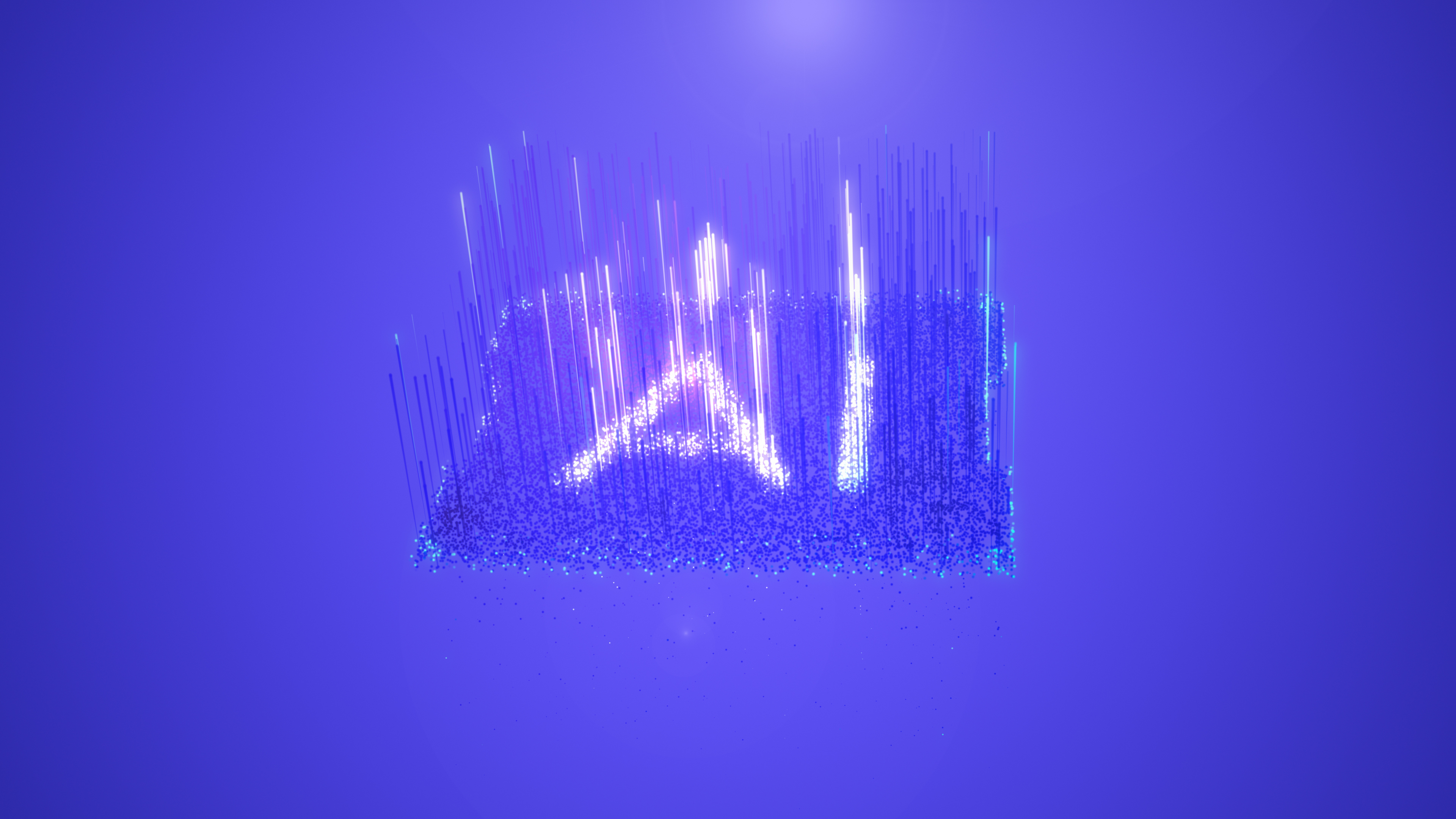Anthropic could be the champion AWS and Google need
Anthropic is being backed by two of the ‘big three’ cloud heavyweights with some serious investment
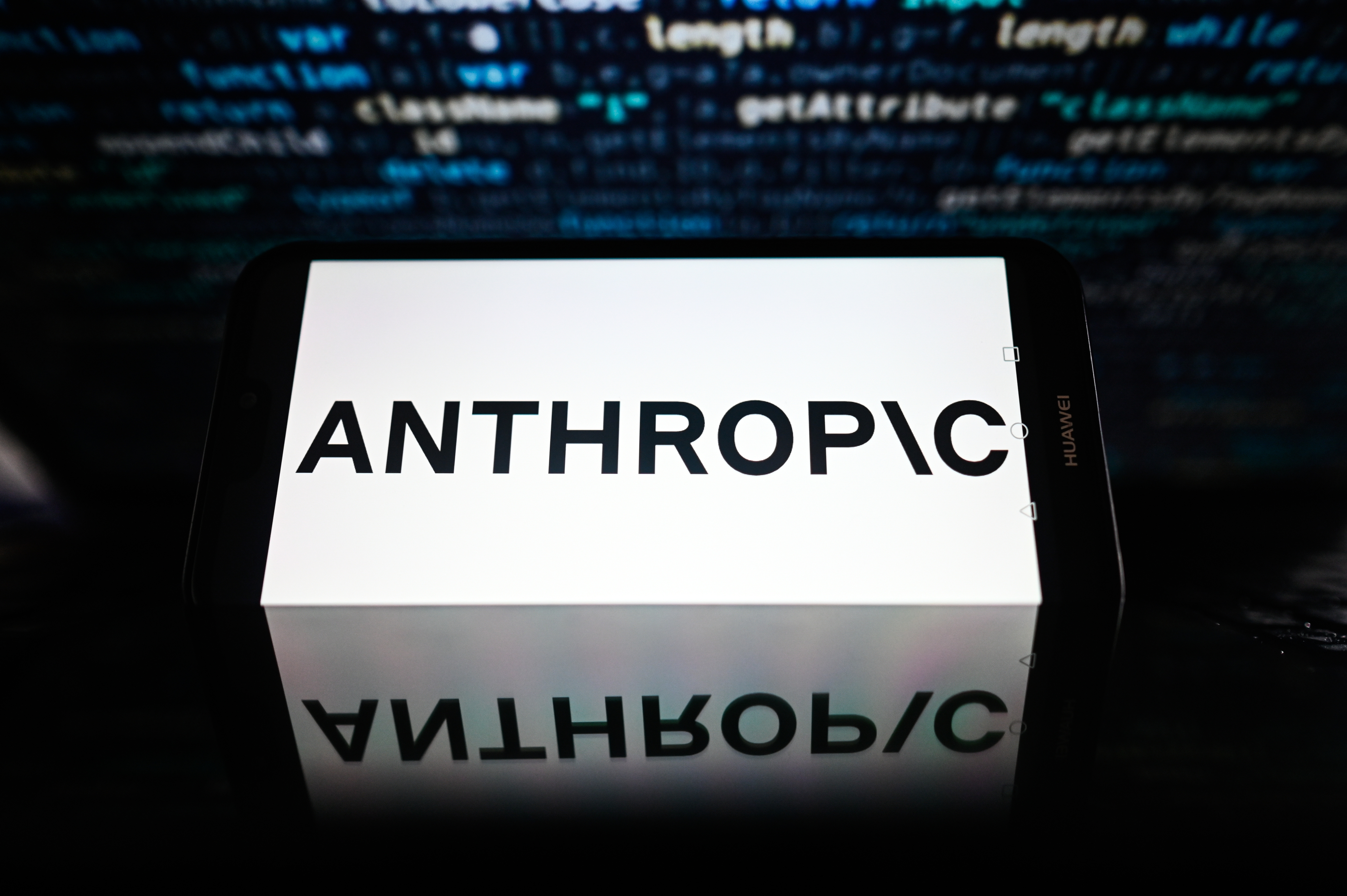

AI firm Anthropic is enjoying a period of immense public interest in the wake of large investments from AWS and Google, as the firm moves to compete with OpenAI.
AWS announced up to $4 billion investment in Anthropic in September, with the two firms penning a deal to make AWS Anthropic’s primary cloud provider and to speed up development of future models available for AWS customers.
Now, Google has agreed to invest $1.5 billion in Anthropic in addition to the $500 million it has already sunk into the AI startup.
With this potential $6 billion in announced AWS and Google investments alone, Anthropic has quickly become a company of interest in the AI space and could become more of a direct competitor with the likes of OpenAI.
Anthropic’s founders, Daniela and Dario Amodei, formerly held the respective roles of VP safety and policy and VP research at OpenAI. The pair left the company shortly after working on its large language model (LLM) GPT-3, citing their strong beliefs over approaches to AI safety.
In January 2023, reports stated that Microsoft was investing $10 billion in OpenAI as it put the firm at the center of its AI product strategy. In the months since, Microsoft has integrated OpenAI’s multimodal LLM GPT-4 throughout its product offerings such as Bing Chat and 365 Copilot.
Microsoft has provided OpenAI with crucial infrastructure for training its models, and reportedly built a supercomputer using Nvidia AI hardware to help train GPT-4.
Get the ITPro daily newsletter
Sign up today and you will receive a free copy of our Future Focus 2025 report - the leading guidance on AI, cybersecurity and other IT challenges as per 700+ senior executives
This is not the sole reason that OpenAI continues to lead in the AI space. The firm has a strong track record of producing powerful AI models, and though models vary in their effectiveness for different use cases, GPT-4 is still considered the most powerful all-rounder.
A supercharged Anthropic
With Anthropic set to receive infrastructure support from AWS, the firm is now in a position to demonstrate its own unique capabilities when it comes to AI without limitations on its model inference or training.
AWS’ Trainium and Inferentia chips were custom-built for models with hundreds of billions of parameters, and offer 50% and 40% cost improvements over Amazon EC2 respectively. Anthropic will be able to use these chips to improve the performance and competitiveness of its models.
With this in mind, Anthropic’s successful challenge against OpenAI will rely to a large extent on whether Amazon’s hardware can remain competitive with Nvidia’s. AWS’ choice to rely on its in-house hardware instead of Nvidia’s, as Microsoft and Google Cloud have done, could tee up a fundamental shift in the public cloud 'big three'.
Having placed its bets with AWS, Anthropic could be dragged along for the ride on this eventual head-to-head with Nvidia, and could either become a misstep for AWS if it fails to deliver, or held up as proof of AWS’ AI legitimacy if future Anthropic models can match or exceed OpenAI’s.
In the short-to-medium term, the firm can expect rapid customer growth and interest as a result of Claude being included on Amazon Bedrock, the firm’s generative AI platform.
What is Claude and how is it different from ChatGPT?
Anthropic’s headline chatbot is named Claude, and even prior to its public release the firm was billing it as a safer alternative to ChatGPT.
Claude offers several benefits over ChatGPT, such as faster processing times - even on its free tier - and the ability to provide up-to-date information.
Another benefit of Claude over ChatGPT is its far larger context window: 100,000 tokens of information, roughly equivalent to submitting an entire novel as an input, versus ChatGPT’s 32,000 for paid subscribers.
The firm follows the principle of Constitutional AI, in which generative AI foundation models are trained to follow principles set out by a written constitution at the highest level of their operating parameters.
It has said that this allows it to overcome the limitations and risks of using reinforcement learning from human feedback (RLHF), in which humans assess two AI model outputs and identify the least harmful of the two.
RELATED RESOURCE

Discover an outstanding file-based threat protection solution
DOWNLOAD NOW
Anthropic believes RLHF takes too much time, cannot be easily scaled to keep up with the expansion of AI model output, and carries the potential to expose human workers to upsetting outputs.
Instead, its models are trained in two AI-driven training phases. In the first phase a model generates outputs based on its initial dataset, revises these based on constitutional principles, and is then trained on these revised outputs.
The second phase sees the fine-tuned model trained via reinforcement learning led by a paired AI model, to further reduce harmful output.
Claude’s constitution was written by Anthropic employees, with the aim of reducing bias and improving the emphasis the model puts on concerns for human rights.
Anthropic has also tested the use of a constitution written using the responses of a public consultation it ran involving around 1,000 members of the US public.
“The process of training a language model to abide by qualitative public opinions involves a large number of subjective judgment calls,” Anthropic wrote.
“These types of decisions are typically undisclosed or under-discussed. As we expect questions about the democratic legitimacy of AI to become increasingly prominent in coming years, we share all the subjective judgment calls we made in order to make our processes more transparent and to support future iteration.”

Rory Bathgate is Features and Multimedia Editor at ITPro, overseeing all in-depth content and case studies. He can also be found co-hosting the ITPro Podcast with Jane McCallion, swapping a keyboard for a microphone to discuss the latest learnings with thought leaders from across the tech sector.
In his free time, Rory enjoys photography, video editing, and good science fiction. After graduating from the University of Kent with a BA in English and American Literature, Rory undertook an MA in Eighteenth-Century Studies at King’s College London. He joined ITPro in 2022 as a graduate, following four years in student journalism. You can contact Rory at rory.bathgate@futurenet.com or on LinkedIn.
-
 Bigger salaries, more burnout: Is the CISO role in crisis?
Bigger salaries, more burnout: Is the CISO role in crisis?In-depth CISOs are more stressed than ever before – but why is this and what can be done?
By Kate O'Flaherty Published
-
 Cheap cyber crime kits can be bought on the dark web for less than $25
Cheap cyber crime kits can be bought on the dark web for less than $25News Research from NordVPN shows phishing kits are now widely available on the dark web and via messaging apps like Telegram, and are often selling for less than $25.
By Emma Woollacott Published
-
 OpenAI woos UK government amid consultation on AI training and copyright
OpenAI woos UK government amid consultation on AI training and copyrightNews OpenAI is fighting back against the UK government's proposals on how to handle AI training and copyright.
By Emma Woollacott Published
-
 DeepSeek and Anthropic have a long way to go to catch ChatGPT: OpenAI's flagship chatbot is still far and away the most popular AI tool in offices globally
DeepSeek and Anthropic have a long way to go to catch ChatGPT: OpenAI's flagship chatbot is still far and away the most popular AI tool in offices globallyNews ChatGPT remains the most popular AI tool among office workers globally, research shows, despite a rising number of competitor options available to users.
By Ross Kelly Published
-
 ‘DIY’ agent platforms are big tech’s latest gambit to drive AI adoption
‘DIY’ agent platforms are big tech’s latest gambit to drive AI adoptionAnalysis The rise of 'DIY' agentic AI development platforms could enable big tech providers to drive AI adoption rates.
By George Fitzmaurice Published
-
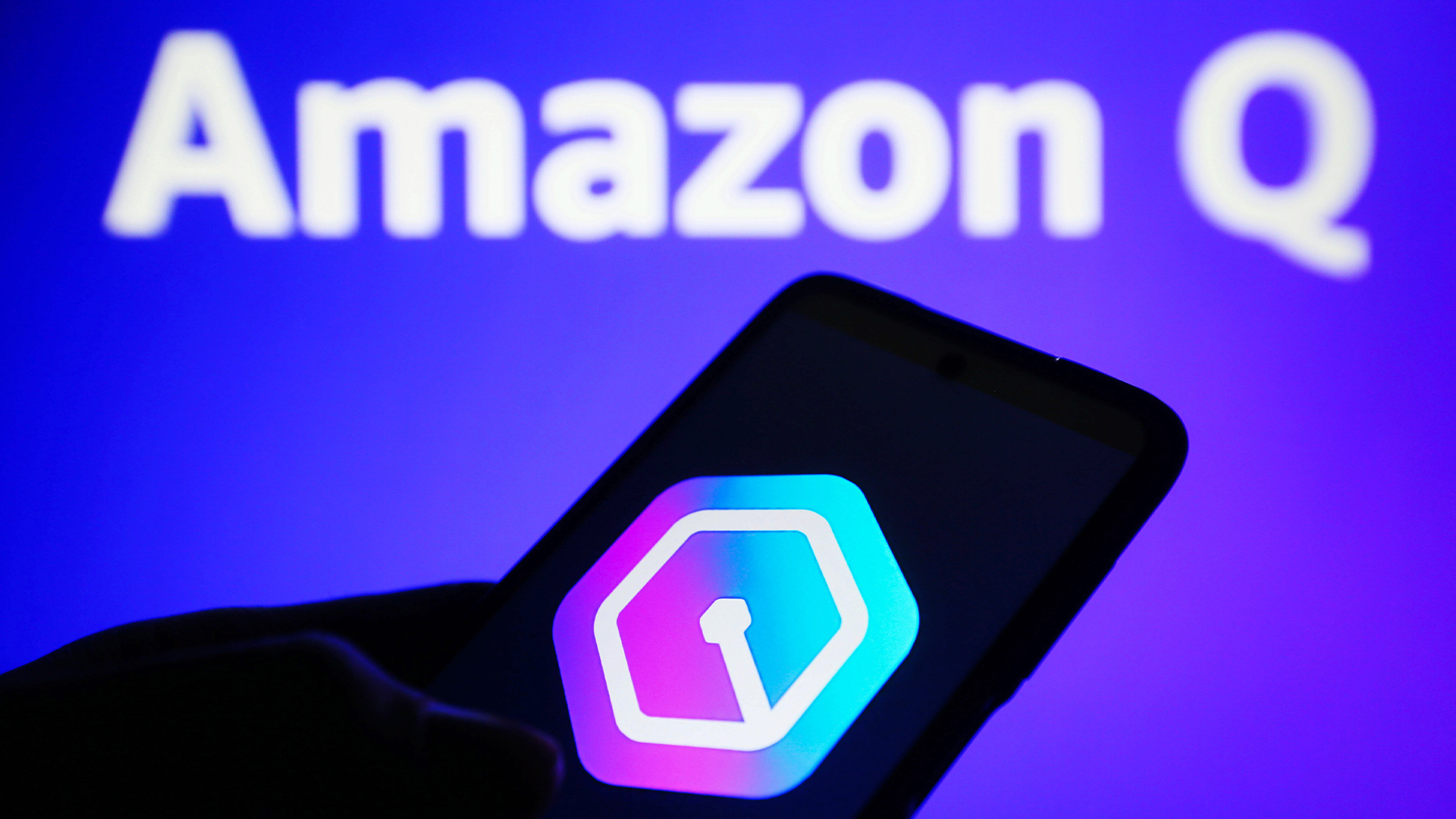 'Customers have been begging us to launch': AWS just rolled out Amazon Q Business in Europe – and it includes new data residency features
'Customers have been begging us to launch': AWS just rolled out Amazon Q Business in Europe – and it includes new data residency featuresNews AWS has announced the availability of its Amazon Q Business platform in Europe in a move sure to please sovereignty-conscious customers.
By George Fitzmaurice Published
-
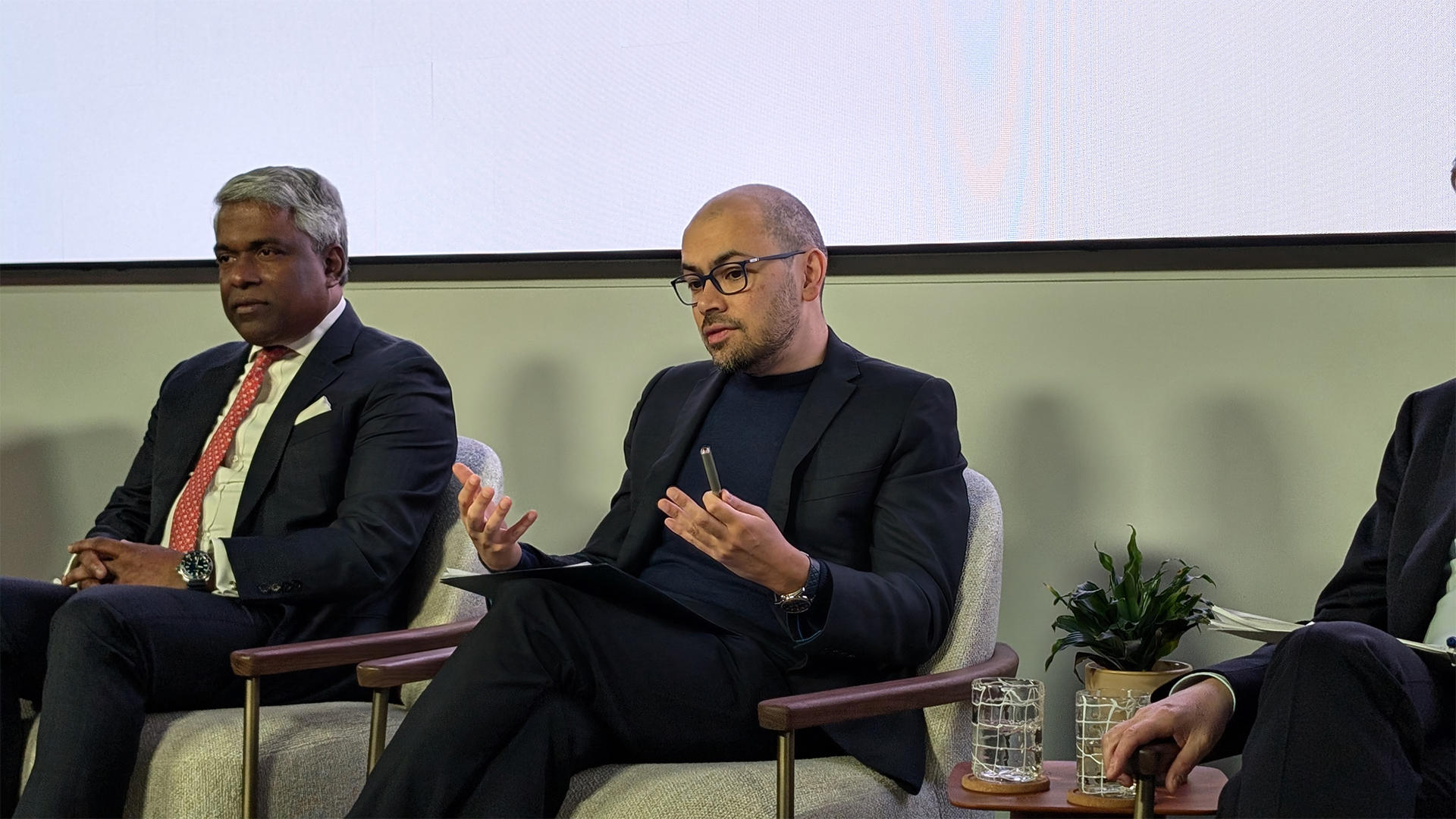 Google DeepMind’s Demis Hassabis says AI isn’t a ‘silver bullet’ – but within five to ten years its benefits will be undeniable
Google DeepMind’s Demis Hassabis says AI isn’t a ‘silver bullet’ – but within five to ten years its benefits will be undeniableNews Demis Hassabis, CEO at Google DeepMind and one of the UK’s most prominent voices on AI, says AI will bring exciting developments in the coming year.
By Rory Bathgate Published
-
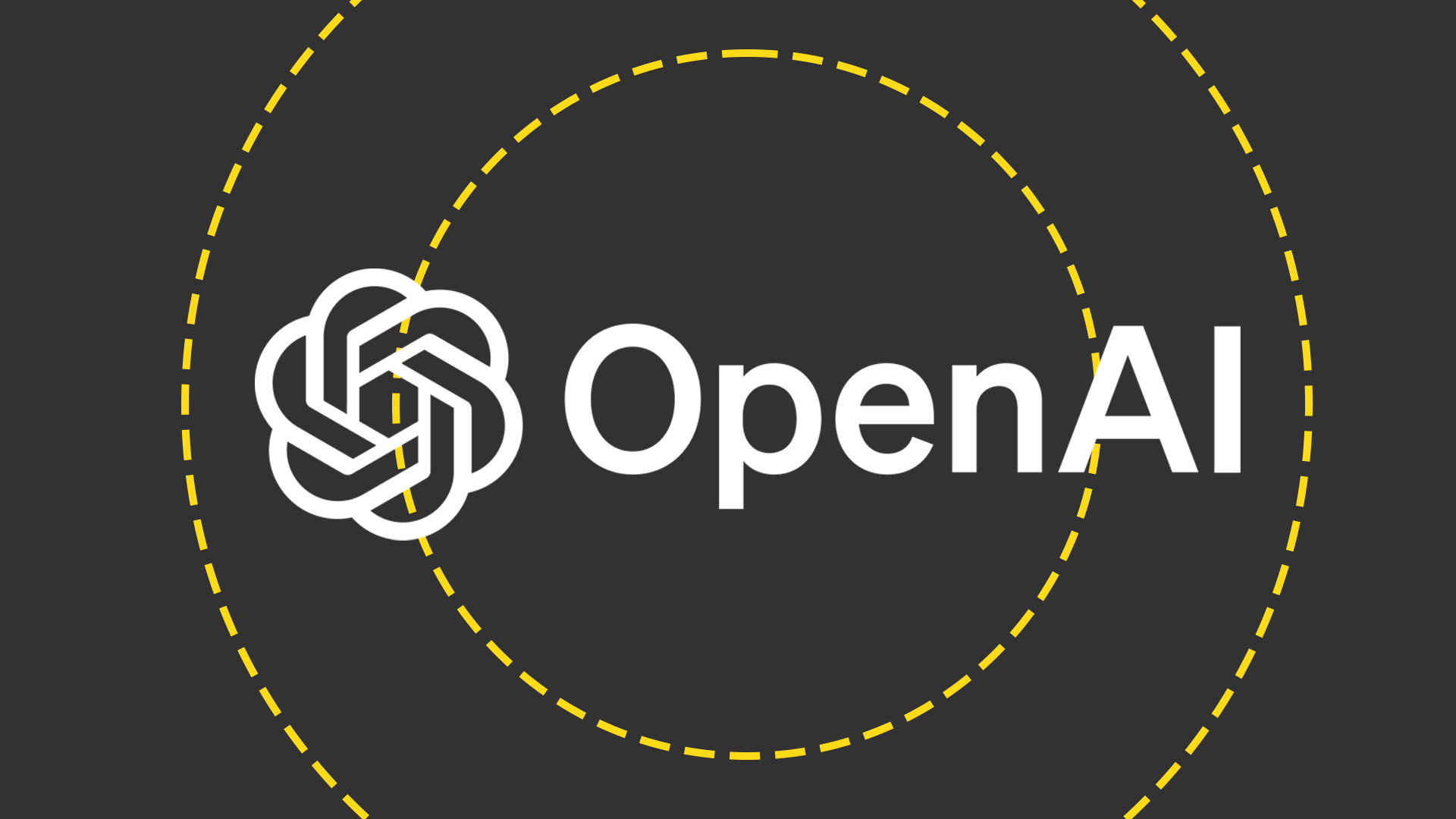 OpenAI wants to simplify how developers build AI agents
OpenAI wants to simplify how developers build AI agentsNews OpenAI is releasing a set of tools and APIs designed to simplify agentic AI development in enterprises, the firm has revealed.
By George Fitzmaurice Published
-
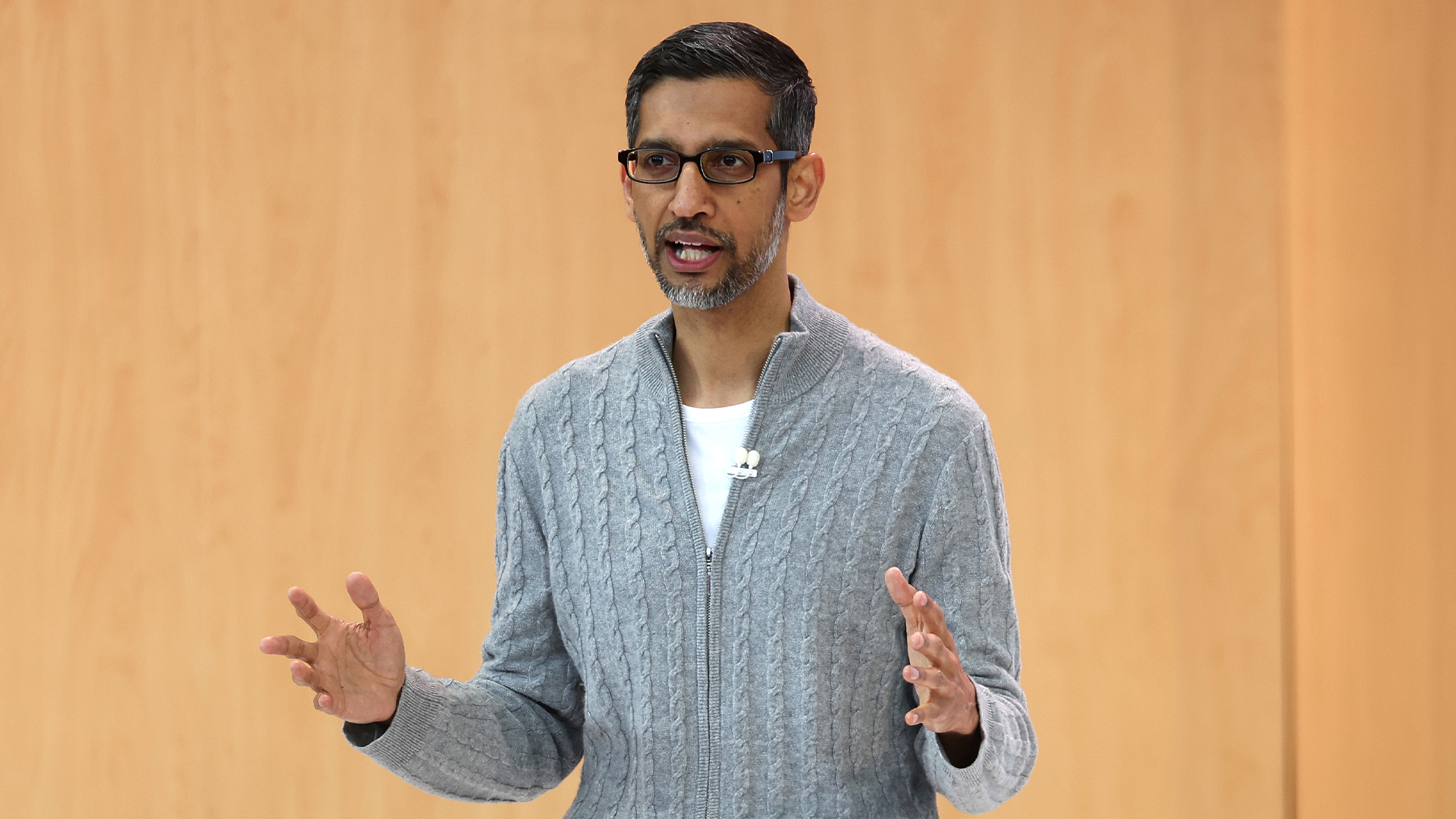 Google CEO Sundar Pichai says DeepSeek has done ‘good work’ showcasing AI model efficiency — and Gemini is going the same way too
Google CEO Sundar Pichai says DeepSeek has done ‘good work’ showcasing AI model efficiency — and Gemini is going the same way tooNews Google CEO Sundar Pichai hailed the DeepSeek model release as a step in the right direction for AI efficiency and accessibility.
By Nicole Kobie Published
-
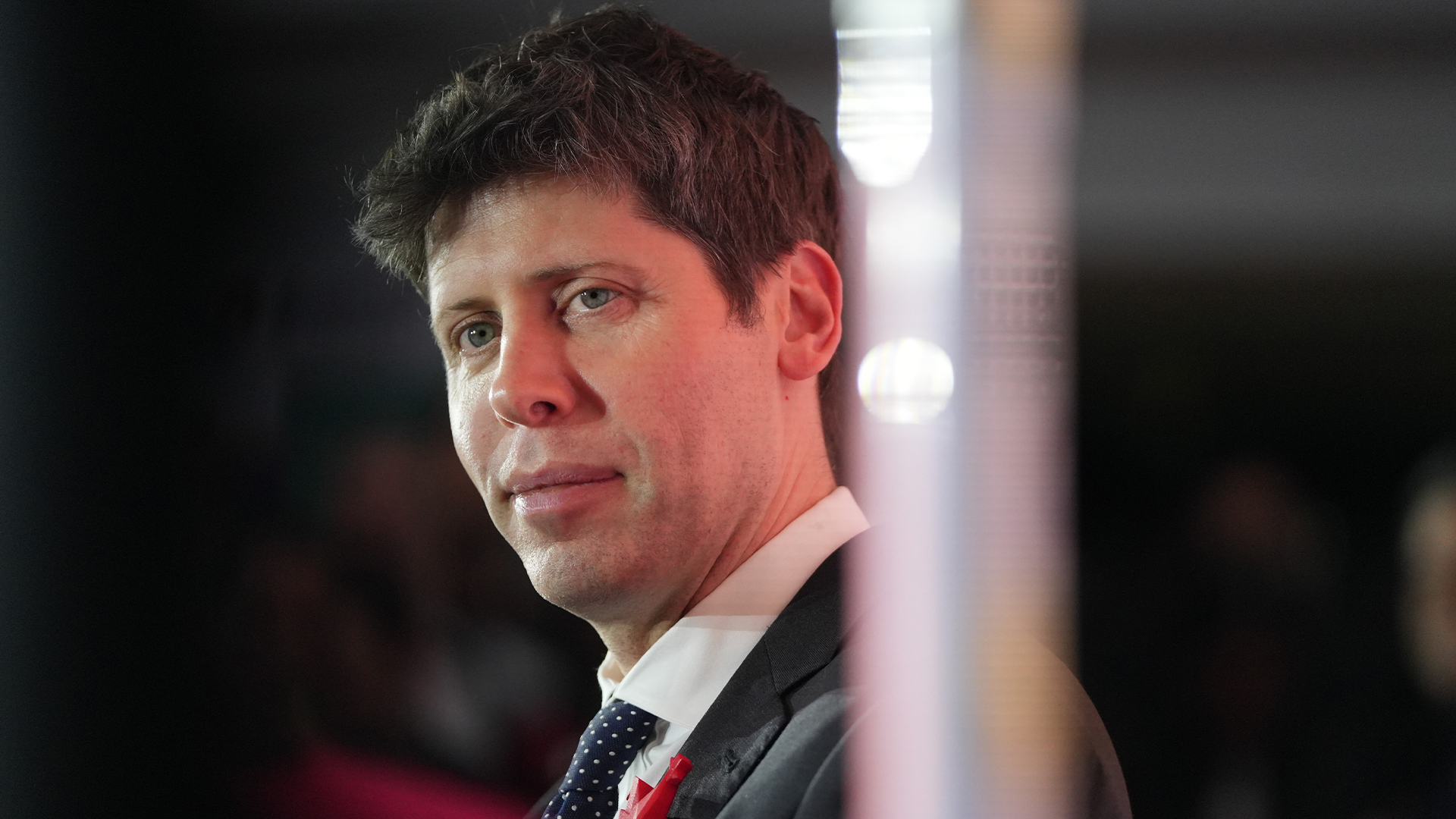 Elon Musk’s $97 billion flustered OpenAI – now it’s introducing rules to ward off future interest
Elon Musk’s $97 billion flustered OpenAI – now it’s introducing rules to ward off future interestNews OpenAI is considering restructuring the board of its non-profit arm to ward off unwanted bids after Elon Musk offered $97.4bn for the company.
By Nicole Kobie Published
